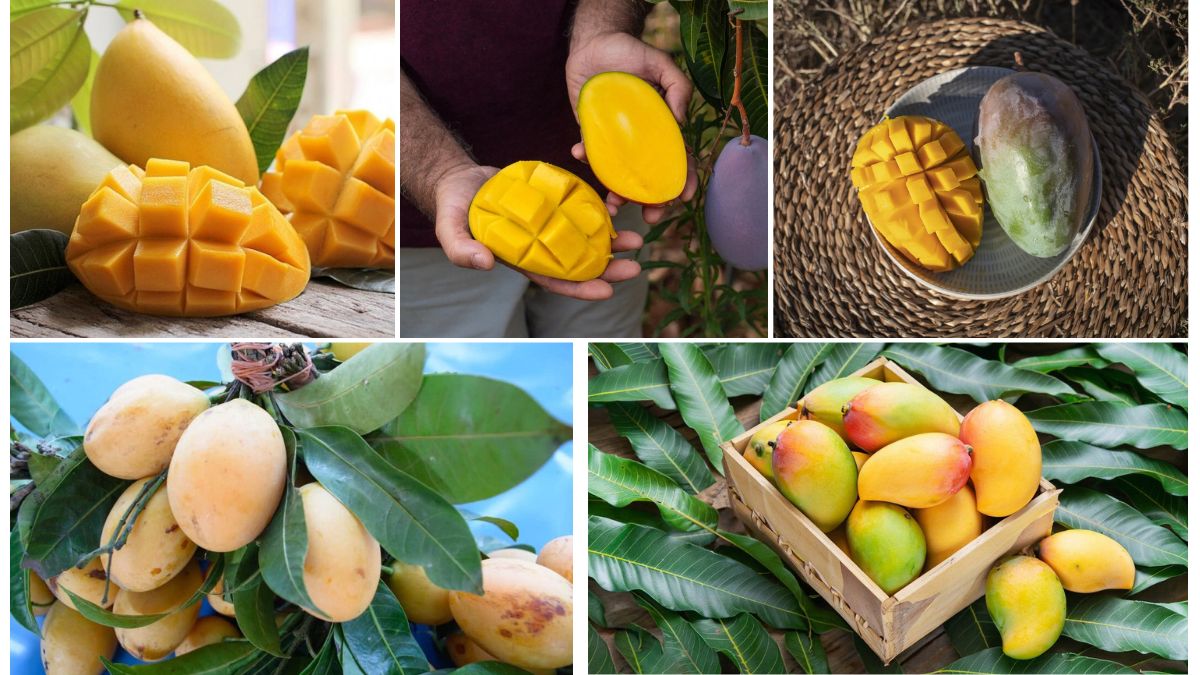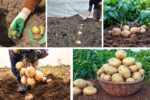Mangoes—often dubbed the “king of fruits”—are prized for their sweet taste, rich nutritional profile, and cultural importance. As global demand for healthier, chemical-free produce rises, organic mango farming has become increasingly important. But where in the world is the best place for organic mango farming? While many countries grow mangoes, not all excel at organic practices. In this article, we explore the criteria for successful organic mango farming and reveal the top countries that lead the way, with India taking center stage.
Understanding Organic Mango Farming
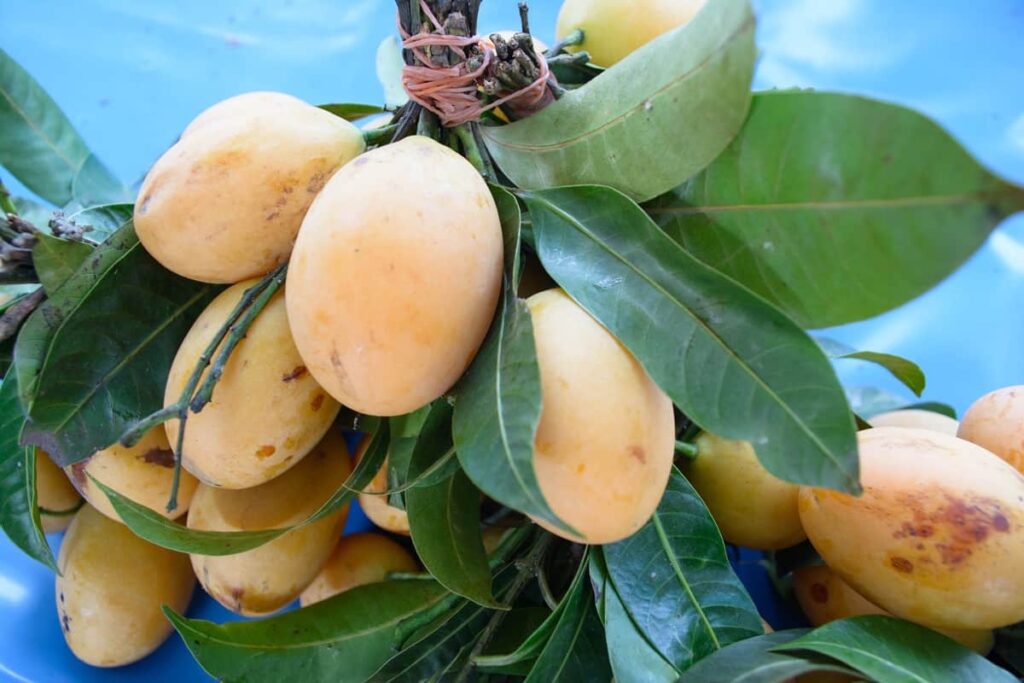
Organic mango farming refers to the cultivation of mangoes without the use of synthetic pesticides, herbicides, or chemical fertilizers. Instead, farmers use natural alternatives like compost, manure, neem-based pesticides, and intercropping to maintain soil fertility and manage pests. This method of farming is more sustainable and environmentally friendly, and it meets the rising consumer demand for clean and healthy produce.
Successful organic mango farming depends on several key factors:
- Climate suitability
- Soil fertility and structure
- Availability of organic inputs
- Government support and regulation
- Certification systems
- Market access and export potential
Why Organic Mangoes Are Gaining Popularity
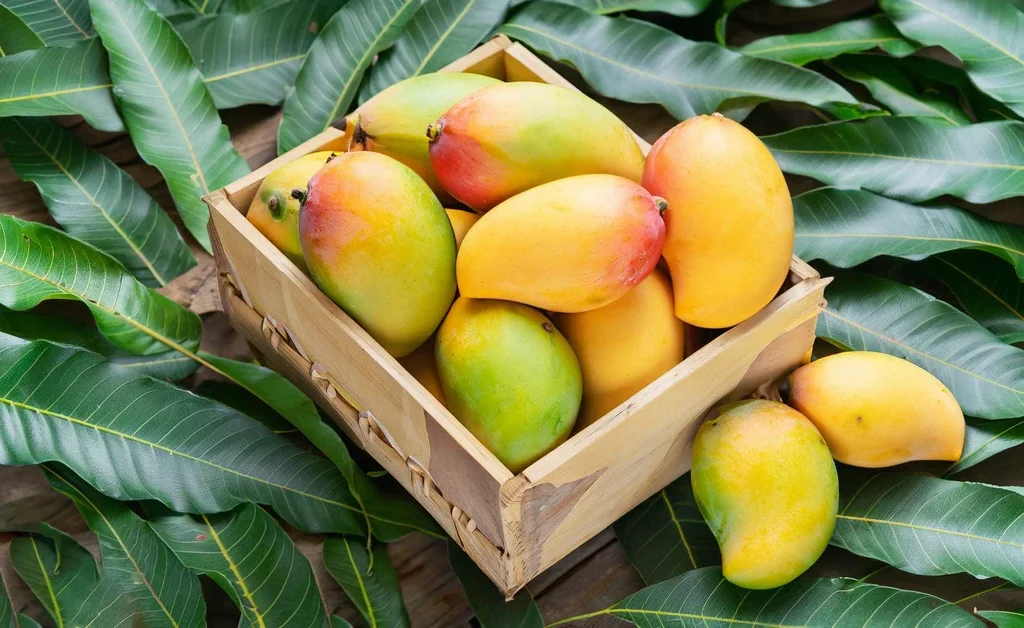
The global organic food market is booming, and fruits—especially tropical ones like mangoes—are a major part of this trend. Key reasons include:
- Health Awareness: Consumers are increasingly aware of the harmful effects of pesticide residues.
- Environmental Impact: Organic farming reduces soil and water pollution and supports biodiversity.
- Export Premium: Organic mangoes command higher prices in international markets.
- Food Safety: Importing countries, especially in Europe and North America, have strict food safety standards, making certified organic mangoes more attractive.
India – The Global Leader in Organic Mango Farming
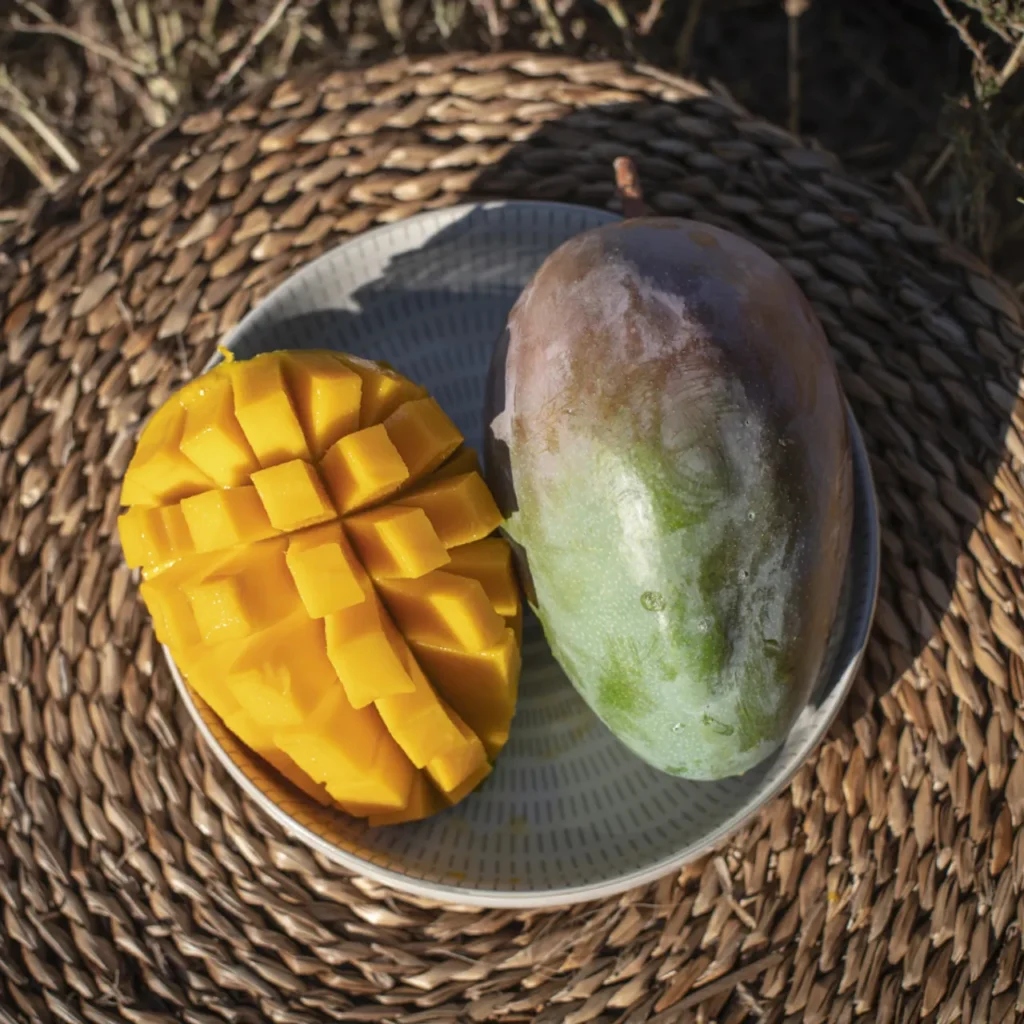
India is not only the largest producer of mangoes globally but also a frontrunner in organic mango cultivation. Here’s why India is considered the best country for organic mango farming:
1. Favorable Agro-Climatic Conditions
India has a wide variety of climates ranging from arid to tropical, perfect for growing different varieties of mangoes. Regions like Maharashtra, Andhra Pradesh, Gujarat, and Karnataka have warm temperatures and well-drained soil ideal for mango trees.
2. Varietal Diversity
India boasts over 1,000 mango varieties, with premium cultivars like Alphonso (Hapus), Kesar, Dasheri, Langra, and Banganapalli. Many of these are now organically cultivated, especially in certified farms.
3. Government Support
The Indian government actively promotes organic farming through schemes like:
- Paramparagat Krishi Vikas Yojana (PKVY)
- National Programme for Organic Production (NPOP)
- Mission Organic Value Chain Development (MOVCDNER)
These initiatives provide subsidies, training, certification assistance, and marketing support for organic farmers.
4. Export-Oriented Organic Farming
India exports organic mangoes to the US, UK, Germany, Japan, and the Middle East. Alphonso mangoes from Ratnagiri and Devgad are especially famous and fetch premium prices in global markets.
5. Certification Infrastructure
India has a robust certification system through APEDA (Agricultural and Processed Food Products Export Development Authority), which ensures traceability and organic compliance.
Other Notable Countries in Organic Mango Farming
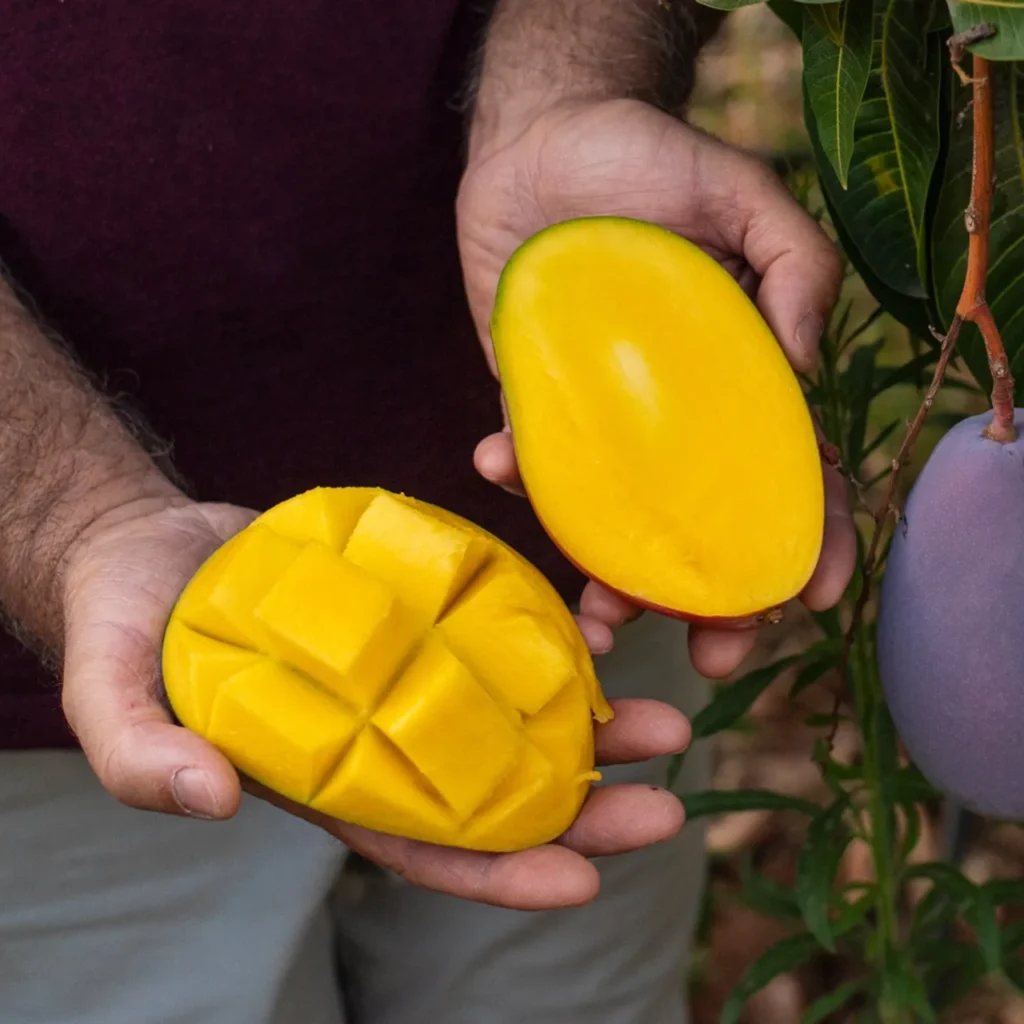
While India leads, several other countries also have a significant presence in organic mango farming:
1. Mexico
Mexico is the largest exporter of mangoes to the U.S. and has developed a strong organic mango sector. The states of Sinaloa, Chiapas, and Nayarit are known for their organic mango production. Mexican mangoes like Ataulfo and Tommy Atkins are grown under USDA-certified organic systems.
Advantages:
- Close proximity to North American markets
- Favorable growing seasons
- Advanced post-harvest handling and traceability
2. Peru
Peru has emerged as a key player in the organic mango export scene, especially during off-season months. The Piura region in northern Peru is known for its Kent variety of mango, grown organically for export.
Advantages:
- Counter-seasonal supply for Northern Hemisphere
- Strong government support for organic exports
- Export certification aligned with EU and U.S. standards
3. Pakistan
Pakistan, like India, has ideal mango-growing conditions. Regions such as Sindh and Punjab have started transitioning to organic methods to access high-value markets. Though still developing, the organic mango sector in Pakistan shows promise.
Challenges:
- Need for improved certification processes
- Better infrastructure for storage and export
4. Thailand
Thailand is famous for its Nam Dok Mai mango variety and is exploring organic farming practices to meet export demand, particularly in Japan and Europe. Thai farmers often integrate mangoes into mixed organic farms.
Strengths:
- Strong research base in tropical agriculture
- Growing domestic demand for organic produce
Key Factors Making India Stand Out
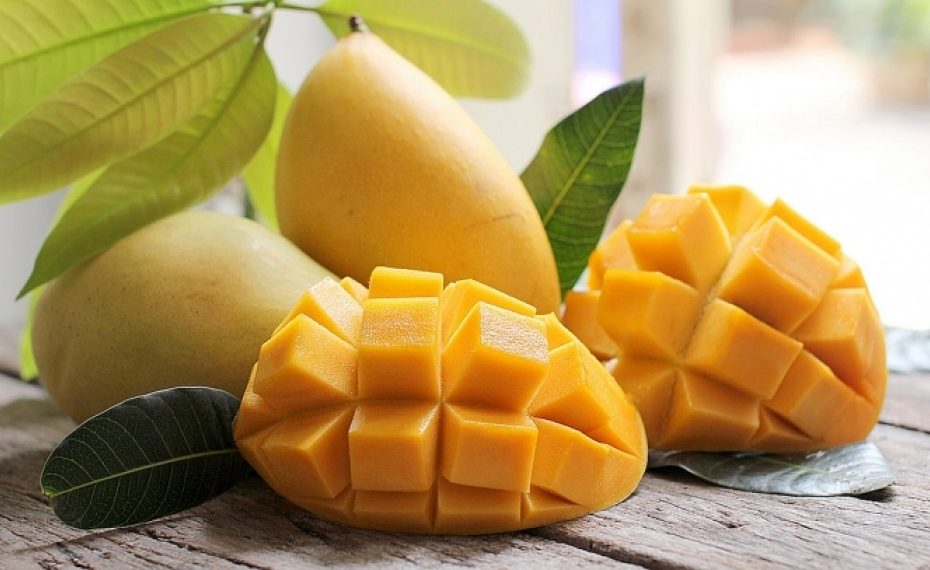
| Factor | India’s Edge |
|---|---|
| Climate | Wide range of mango-suitable regions |
| Varieties | High-value organic varieties like Alphonso |
| Certification | Strong domestic and export certification systems |
| Market Demand | Growing domestic + international demand |
| Government Schemes | Multiple programs supporting organic farming |
| Traditional Knowledge | Centuries of natural farming practices |
Challenges in Organic Mango Farming
Even in the best countries, organic mango farming comes with its set of challenges:
- Pest and Disease Control: Without chemicals, pest control requires constant monitoring and natural alternatives.
- Certification Costs: Small farmers often struggle with the cost and complexity of organic certification.
- Yield Fluctuations: Organic yields are sometimes lower than conventional farming, affecting income.
- Market Accessibility: Not all farmers have access to organic-specific markets or export facilities.
India, with its extensive network of cooperatives, organic clusters, and support systems, has addressed many of these barriers better than most countries.
Conclusion
While several nations are making significant strides in organic mango production, India stands out as the best country for organic mango farming. It offers the perfect blend of natural resources, cultural affinity for mangoes, government support, and export potential. With initiatives aimed at sustainability, certification ease, and marketing, India is not only preserving traditional farming methods but also carving out a niche in the lucrative organic fruit market.
As consumer demand for organic mangoes continues to soar, India’s leadership is likely to strengthen, inspiring other mango-producing nations to adopt similar sustainable farming practices.
